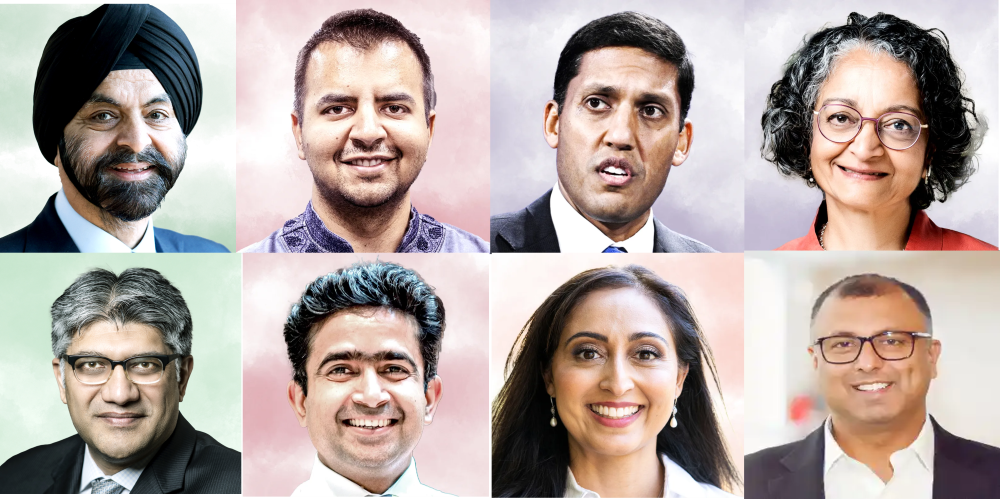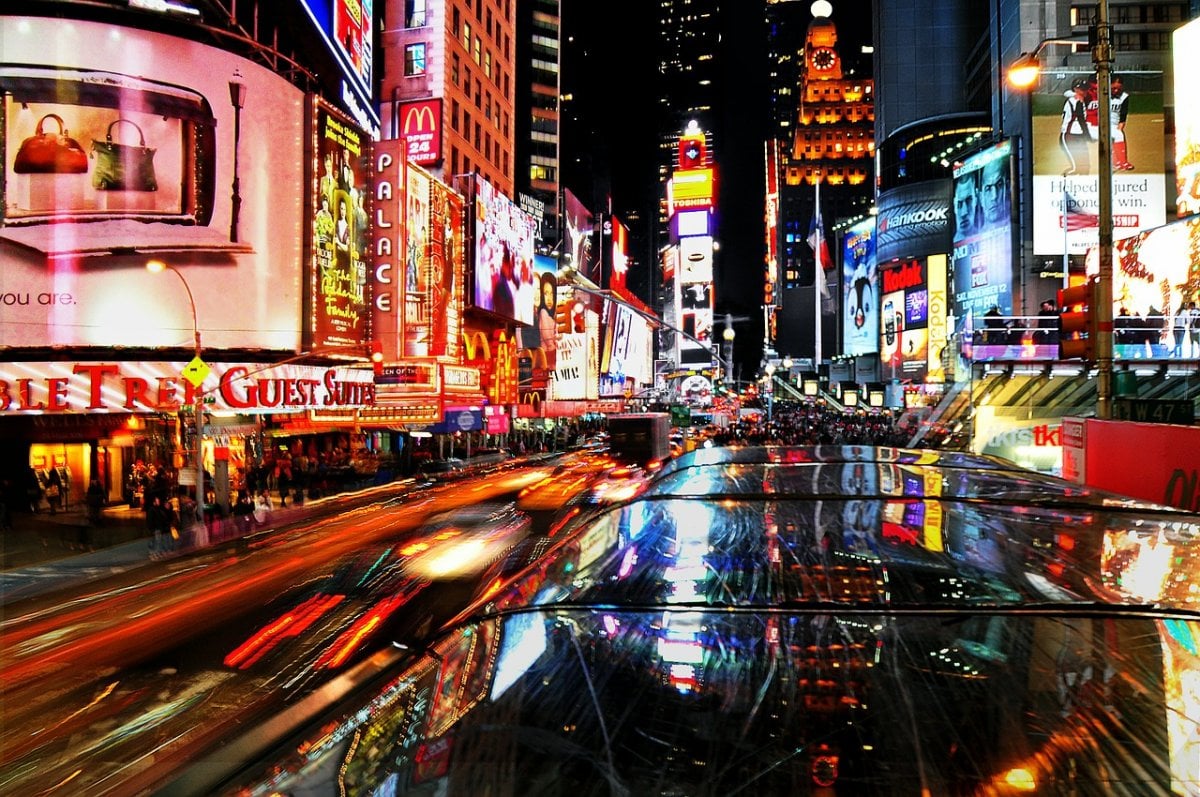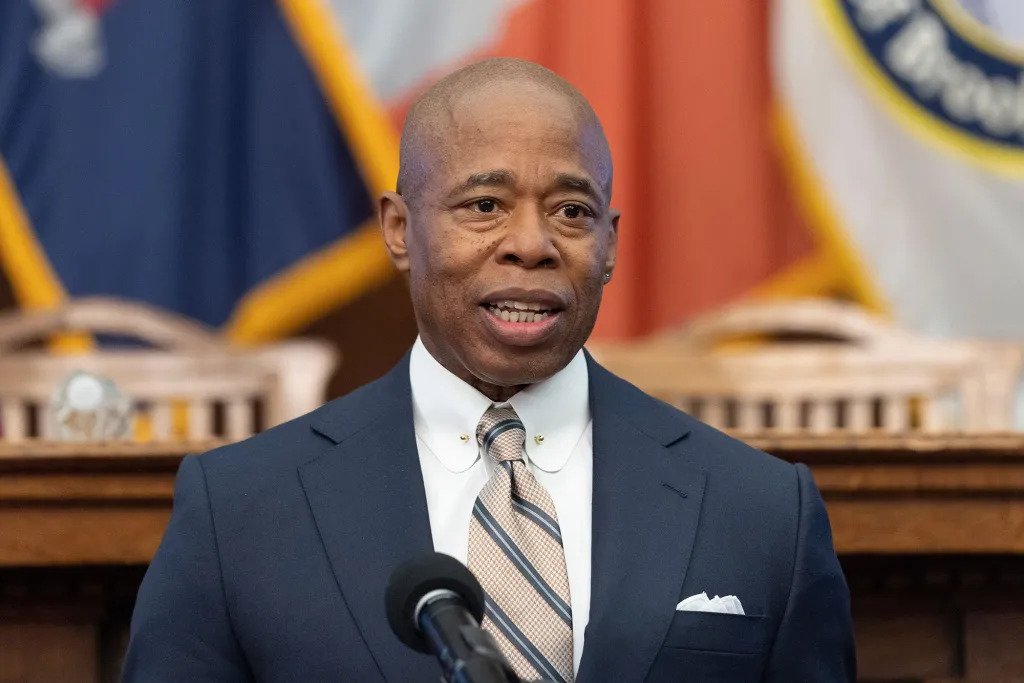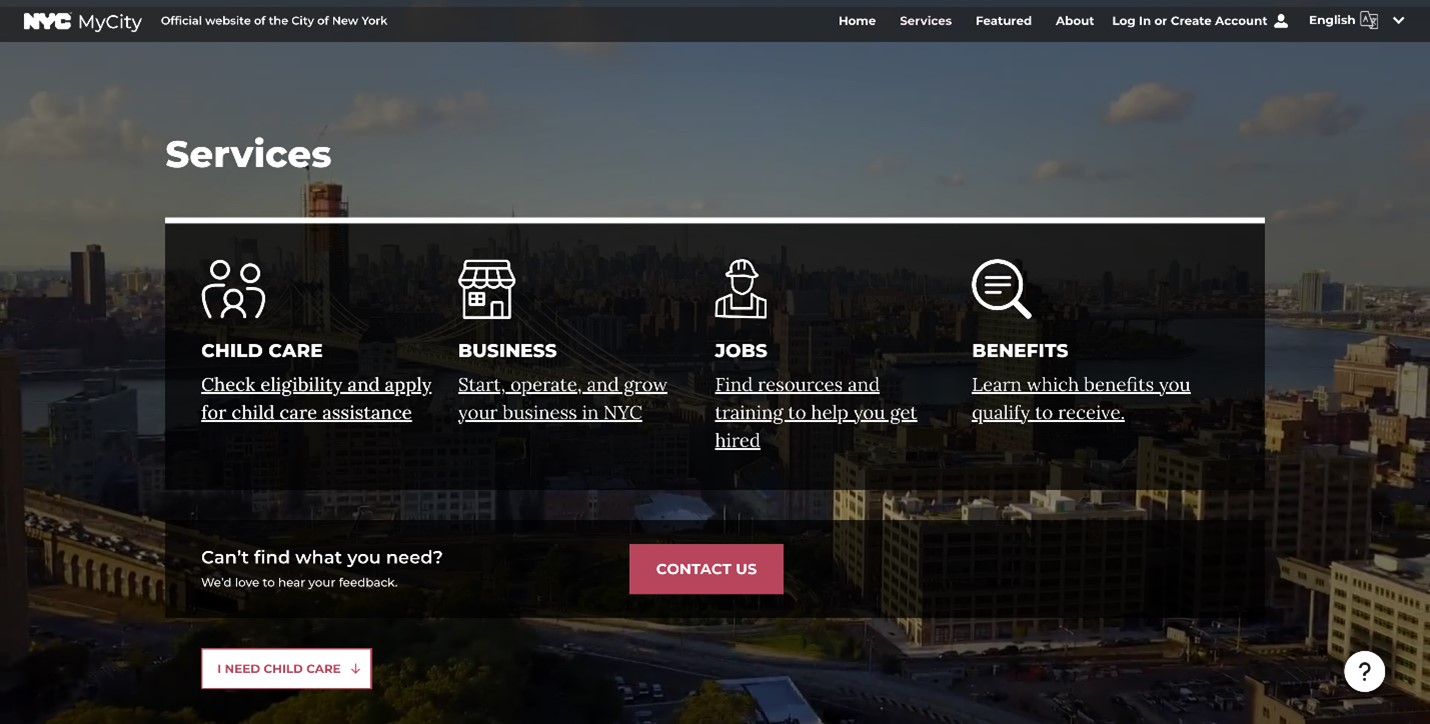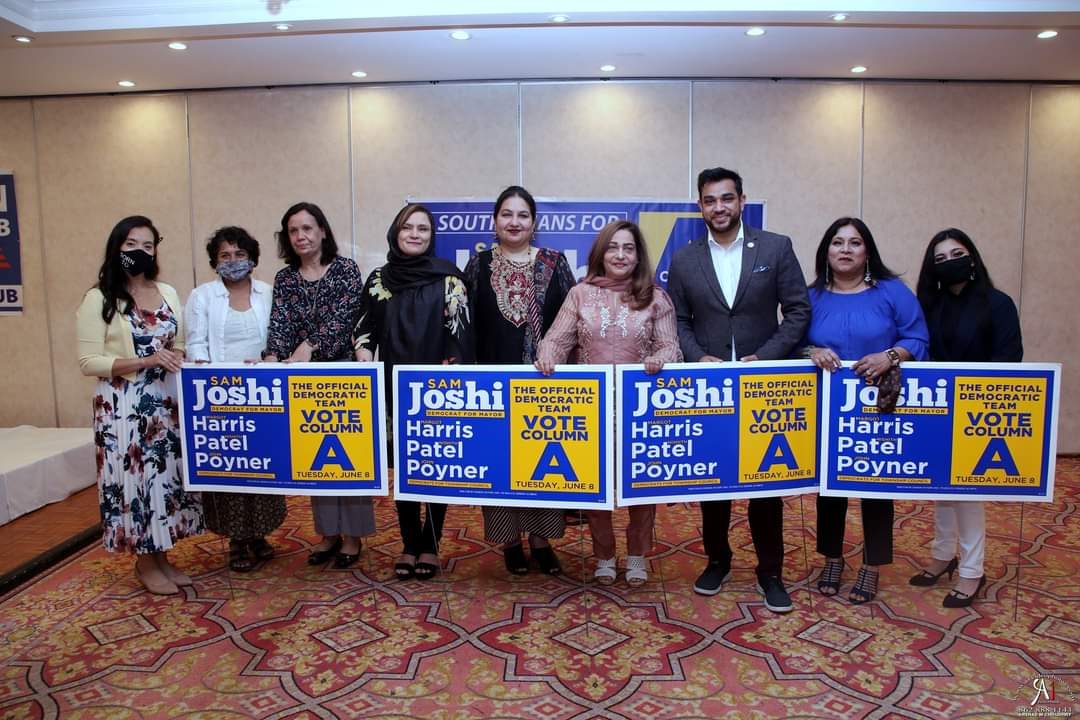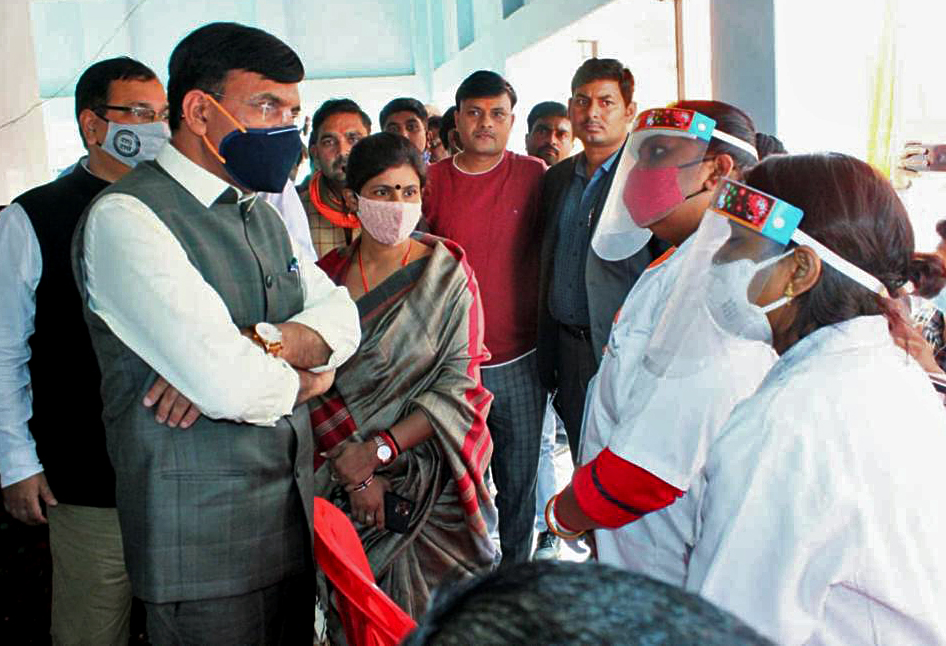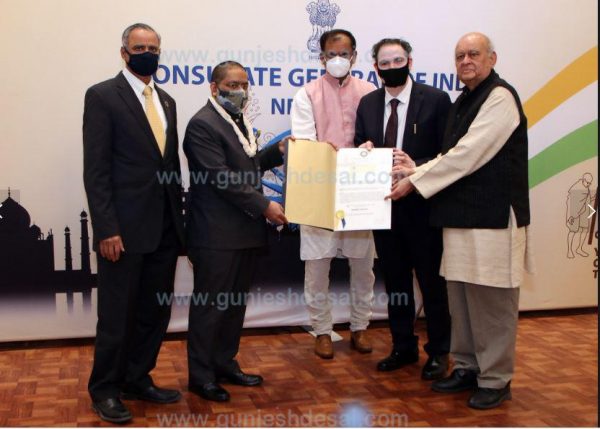Prime Minister Narendra Modi goes to Sydney after his visit to Papua New Guinea and Japan as part of his power-packed schedule to hold meetings with major global players. How Modi is taking Indian diplomacy to a new level
Our Bureau
Sydney/Hiroshima/New Delhi
As part of his power-packed schedule to visit a number of countries and hold meetings with major global players, Prime Minister Narendra Modi landed in Australia this week with much fanfare and excitement. He showcased India as a major power in the world today. Today the International Monetary Fund considers India a bright spot in the global economy and the World Bank believes that if anyone is challenging global headwinds, it is India, said Modi in Sydney on Tuesday.
Modi was addressing a community event in Sydney during the second day of his visit. He also noted that India made record exports in 2022 amid the once-in-a-100-year crisis. Earlier this year in February, IMF Managing Director Kristalina Georgieva said that at a time of heightened uncertainties for the global economy, India’s strong performance remains a bright spot.
Modi also said that at a time when the banking system of several countries was in trouble today, the strength of India’s banks is being appreciated everywhere. “Amid the once-in-a-100-years crisis, India made record exports last year,” the Prime Minister added.
Modi also highlighted that forex reserves are scaling new heights. “You are well aware of India’s FinTech revolution,” he said. The PM also highlighted the bilateral ties between India and Australia. PM Modi said that he believes the relationship between the countries is beyond this and it is mutual trust and mutual respect. Modi also credited the Indian diaspora in Australia as being a force behind mutual respect and trust between the two countries.
“Earlier, it was said that India and Australia’s relationship is defined by 3Cs- Commonwealth, Cricket and Curry. Then it was said that our relationship is defined by ‘Democracy, Diaspora and Dosti. Some people also said that our relationship depends on Energy, Economy and Education. But I believe that the relation between India-Australia is beyond this, it is mutual trust and mutual respect,” he said to a packed arena at Sydney Olympic Park.
“Mutual trust and mutual respect have not developed only due to the diplomatic relations of India-Australia. The real reason, the real power is – all of you Indians who live in Australia,” he added.
PM Modi and his Australian counterpart Anthony Albanese shared a hug as the former concluded his address to the Indian diaspora in Sydney. PM Modi and Australian PM Albanese also greeted the members of the Indian diaspora at Qudos Bank Arena in Sydney. People clicked selfies with PM Modi and PM Albanese as the two leaders met them after the event.
Prime Minister Narendra Modi is “The Boss”, Australian prime minister Anthony Albanese said at the grand community event in Sydney for the Indian diaspora. Albanese compared PM Modi’s mass appeal with that of the famed rockstar Bruce Springsteen, who incidentally is famed among his fans as “The Boss”. Witnessing the rousing welcome that PM Modi got from the crowd at the Sydney stadium who chanted “Bharat Mata ki Jai”, “Vande Mataram” and “Modi, Modi,” Albanese said that his popularity is more than American singer-songwriter Bruce Springsteen.
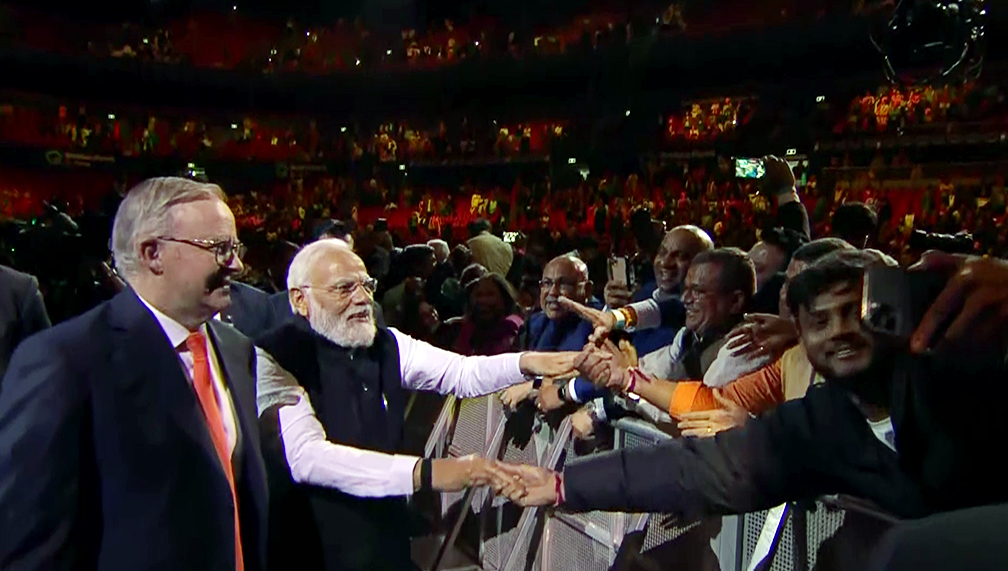
“The last time I saw someone on this stage was Bruce Springsteen and he did not get the welcome that Prime Minister Modi has got. Prime Minister Modi is The Boss,” said Albanese.
The Australian PM recalled his India visit earlier this year and how he backpacked to India in 1991, saying, “If you want to understand India..travel by train and bus.”
“When I was in India in March, it was a trip full of unforgettable moments, celebrating Holi in Gujarat, laying a wreath for Mahatma Gandhi in Delhi… Everywhere I went, I felt a deep connection between the people of Australia and India. If you want to understand India, travel by train and bus,” said Albanese.
He further stated that it was his great pleasure to welcome Prime Minister Modi to Australia. “My first year as Prime Minister is what I am celebrating today. I have met my friend PM six times but there is nothing better than standing on stage with him like this, it is a pleasure to welcome PM Modi here. But I must say that the warmth and energy that is here tonight is second to none,” said Albanese.
Modi had arrived in Sydney on Monday as part of the third and final leg of his three-nation visit after concluding his visit to Papua New Guinea. Earlier, Modi was in Japan as part of his power-packed schedule to visit a number of countries and hold meetings with major global players.
The G7, one of the most influential groupings in the world has consistently accorded India the respect she deserves. Others too have fallen in line to acknowledge its growing diplomatic and economic heft. The world’s newfound admiration for India stems from her ascent to diplomatic and economic dominance. It has become evidently clear of late that it is neither feasible nor realistic to seek meaningful progress in geopolitics without the largest country in the world, India’s engagement.
With diverse political settings and objectives, Japan, Australia and Papua New Guinea have invited Prime Minister Narendra Modi.
The G7 summit has acknowledged India’s growing dominance on the global stage and has sent her an invitation to every single summit since 2019. The Quad, as a security grouping, loses its significance without India. And India’s outreach to island nations has been rewarded as she has set to chair the Indo-Pacific Cooperation Summit in May 2023.
India has emerged as a major force in global diplomacy, and a leader in multilateralism. Apart from her successful engagements with her close allies and neighbors, India is leading several prominent regional and global groupings, such as the G20 and the Shanghai Cooperation Organization (SCO).
India has seized the leadership position in upholding the principle of international cooperation to ensure global peace, security and sustainability. India is currently the president of the SCO and the G20, two groups which experts believe can contribute significantly to global stability and security.
While economies throughout the world are still recovering from Covid fallouts, the Russia-Ukraine war has also added to economic and security challenges, which India and her allies are handling conscientiously.
India recently hosted foreign ministers of the Shanghai Cooperation Organization nations in Goa to discuss regional security matters, including adding Iran and Belarus to a union of nations, which are seen as a counterweight to Western influence in Eurasia.
It is the world’s largest regional body in terms of geographic scope and population. The SCO largely focuses on regional security issues and the fight against regional terrorism, ethnic separatism and religious extremism.
But Modi has also faced criticism – at home and abroad. During his Australia tour he came under criticism from some local politicians who questioned his record on democracy. But Australian leader of the Opposition Peter Dutton said on Thursday that the politicians of Australia are jealous of Narendra Modi. He said that they are jealous because none of them is able to gather 20,000 people and make them chant their surnames.
While addressing the Parliament, LoP Dutton said that an extraordinary event happened on Wednesday. “There were lots of people in attendance from both sides of politics, but I said to the Prime Minister this morning that every politician there last night was jealous of the fact that he was able to get 20,000 people chanting his surname in unison on the other side of the world, mainly at Labour Party functions,” he said while speaking at the Parliament.
“I thought it was an extraordinary event and I really acknowledge the work of the Indian community in hosting Prime Minister Modi,” he added.
He said that he joined with the (Australian) Prime Minister in thanking Prime Minister Modi and his delegation for visiting Australia for paying honor to the relationship. Speaking on the relationship with India, he said that it was “quite extraordinary and productive” when his government was in power.
He also acknowledged the work of former Prime Minister Morrison and many on the front bench, including Dan Teen, who was intimately involved in trade negotiations and created the opportunities which, to governance credit, they’ve continued in relation to a number of these announcements.
“I’d been meeting with Prime Minister Modi in Sydney this morning (Thursday). It was a very cordial and engaging discussion and the wide-ranging topics that we traversed gave an indication of the bipartisan support in the relationship,” he added.
Criticism or praise, it is difficult to deny that Modi has taken Indian diplomacy to a new level as the country emerges as a major player in world affairs.

















